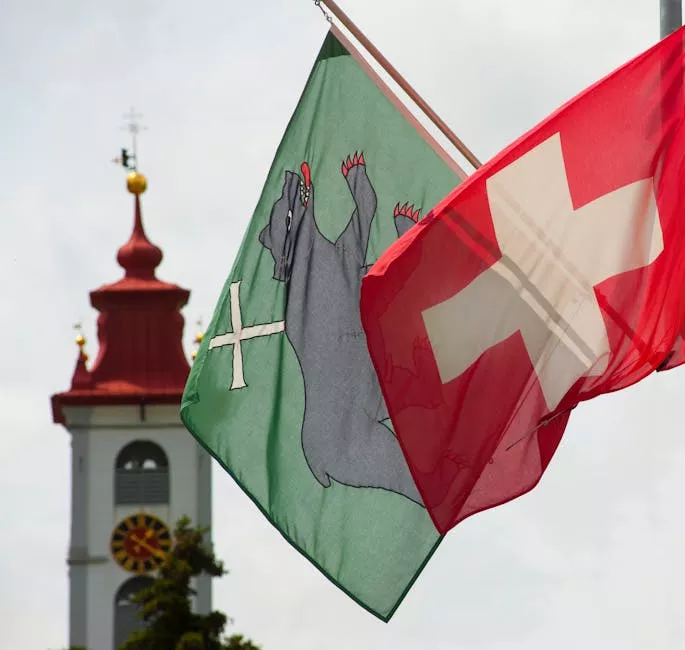UK Supreme Court Orders Multi-Faith Education in Northern Ireland
The UK Supreme Court mandates Northern Ireland public schools must teach multiple religions, not just Christianity, marking a significant shift in educational policy.

In a landmark ruling that could reshape Northern Ireland's educational landscape, the United Kingdom's Supreme Court has ordered the region's public schools to expand their religious education curriculum beyond Christianity to include the study of other world faiths.
The decision represents a significant departure from Northern Ireland's traditional approach to religious education, which has historically reflected the region's predominantly Christian heritage and the sectarian divide between Protestant and Catholic communities that has defined much of its modern political history.
Historical Context and Educational Tradition
Northern Ireland's education system has long been characterized by religious segregation, with Protestant and Catholic children typically attending separate schools. This parallel system emerged from the deep-rooted sectarian divisions that have shaped the region's identity since partition in 1921. The Supreme Court's ruling challenges this tradition by requiring all public schools to provide comprehensive religious education that encompasses multiple faith traditions.
The court's decision comes at a time when Northern Ireland's demographic composition is becoming increasingly diverse, with growing communities of Muslims, Hindus, Sikhs, and other religious minorities, alongside a rising number of residents who identify as non-religious.
Legal Implications and Implementation
The ruling establishes a legal precedent that could have far-reaching implications for educational policy across the United Kingdom. By mandating multi-faith education, the Supreme Court has effectively recognized the need for Northern Ireland's schools to reflect the region's evolving religious landscape and prepare students for an increasingly pluralistic society.
Education officials in Northern Ireland will now need to develop new curricula and training programs for teachers to ensure compliance with the court's directive. This process is likely to require significant resources and careful navigation of the region's sensitive religious and political dynamics.
Political and Social Ramifications
The decision arrives at a politically sensitive time for Northern Ireland, where issues of identity and tradition remain contentious topics. The ruling may face resistance from some quarters who view it as an erosion of Christian heritage, while others will welcome it as a progressive step toward greater inclusivity and understanding.
The implementation of multi-faith education could also impact the ongoing peace process by encouraging greater interfaith dialogue and understanding among young people. However, it may also create new tensions as communities grapple with changing educational norms in a society still recovering from decades of sectarian conflict.
Broader UK Context
This ruling reflects broader trends across the United Kingdom toward more inclusive educational policies that acknowledge religious diversity. Similar debates about religious education have occurred in England, Scotland, and Wales, as policymakers seek to balance respect for traditional Christian heritage with recognition of modern multicultural realities.



